-
Wyślemy: Monday (22 December)

-

Mirror for disabled people with handle 700 x 500 mm
- Kod produktu: N08023S
- Manufacturer: Faneco
-
Availability:
Product available.
- Add feedback:
-
Watch the product:
- 108.54 € 133.50 € gross
- szt.
Order now, we will send today!
Today's shipment is available for only:
Place your order now, we will send your wares in:
Monday (22 December) o 2:00 PM Monday (05 January) o 2:00 PM 31 pcs. in stock, shipping: Monday (22 December) o 2:00 PMdziśh min sec
Na skróty:
Parameters
Faneco Tilt Mirror with Handle
- Material: Stainless steel AISI 304 (frame, sheet), laminated glass (mirror)
- Frame finish: matte
- Mirror dimensions: height 700 mm, width 500 mm, depth 75 mm
- Handle dimensions: height 495 mm, width 50 mm, depth 80 mm
- Thickness: 4 mm (glass), 2 mm (sheet)
- Mirror mounting: 2 metal brackets
- Handle element connection: 2 screws with stainless steel nuts
- Mirror to handle connection: 8 M6 screws
- Handle to wall mounting: 4 M8 screws
- Expansion plugs: 4 universal nylon plugs
- Handle included
- Warranty: 2 years
The tilting mirror for disabled people is made of laminated glass and framed in a steel frame with a matte finish. The mirror includes a handle that allows it to be tilted. Intended use: bathrooms and toilets for disabled people.
In order for disabled people to be able to freely use the bathroom and toilet, certain facilities must be introduced there. The shower area should include a shower seat and a shower holder, and if the bathroom has a bathtub, appropriate accessories will include a bathtub holder and a bathtub seat.
Disabled handrails should be installed at the washbasin and at the toilet, thanks to which a disabled person will be able to use the toilet independently. Bathroom handles for disabled people should be made of stainless or carbon steel. We recommend purchasing only handles for disabled people with the National Institute of Hygiene certificate.
Disabled handrails should be installed at the washbasin and at the toilet, thanks to which a disabled person will be able to use the toilet independently. Bathroom handles for disabled people should be made of stainless or carbon steel. We recommend purchasing only handles for disabled people with the National Institute of Hygiene certificate.
| Download | Description | Download |
|---|---|---|
 Product card (printable) Product card (printable) |
Ask a question about the product. Our team will be happy to provide a detailed answer to your inquiry.
What mirrors are best for people with disabilities? A practical guide for bathroom design.
The ability to adjust the angle of the mirror is crucial for people in wheelchairs.
Additional lighting provides better visibility, which is... More
Disabled toilet - what do the regulations say?
People with disabilities encounter many obstacles on a daily basis that prevent them from functioning normally. In this case, the word "obstacles"... More



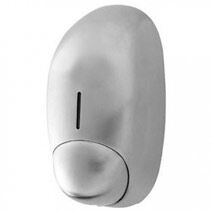

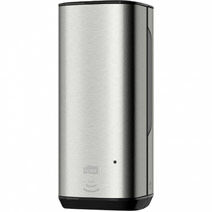
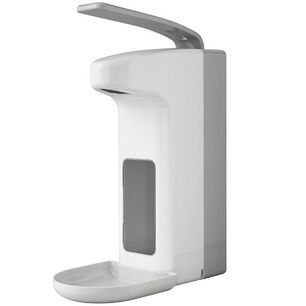
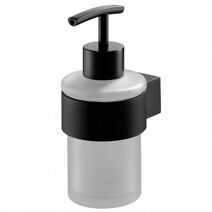
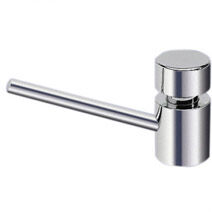


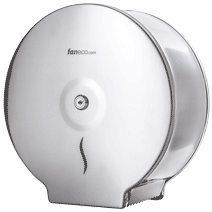

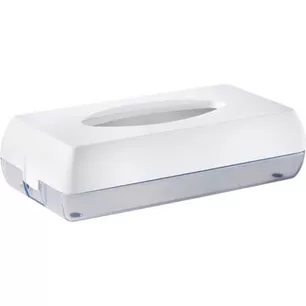
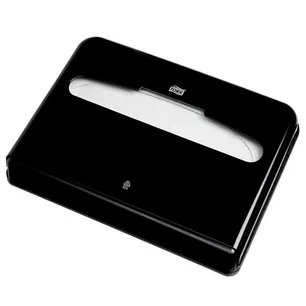
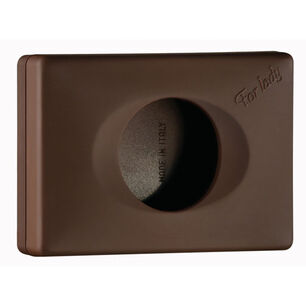
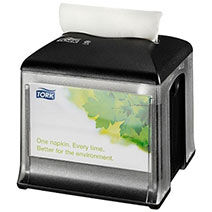

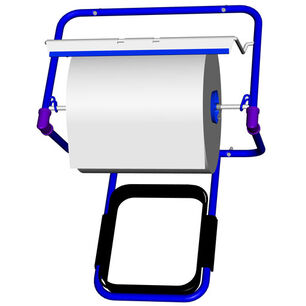
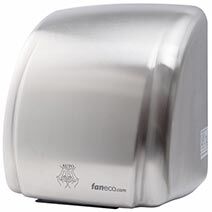
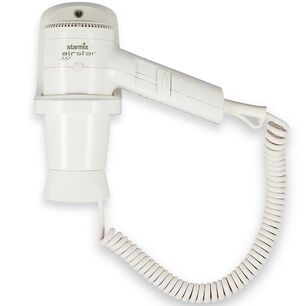
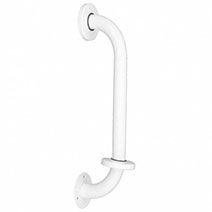
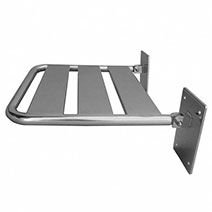
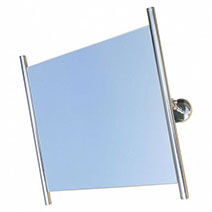
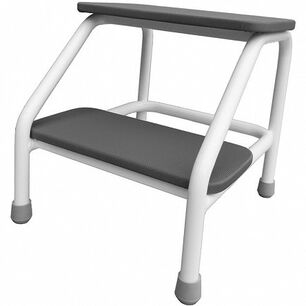
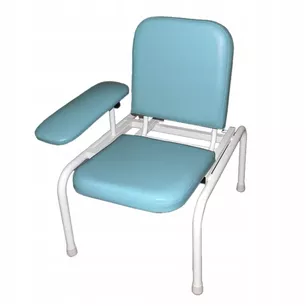
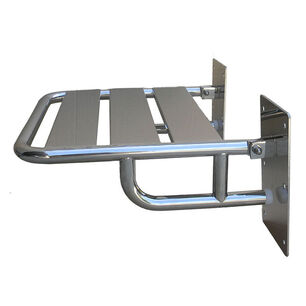



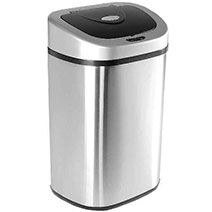
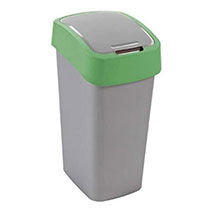
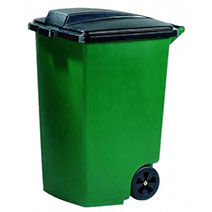


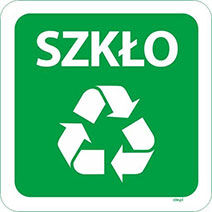
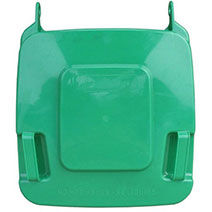
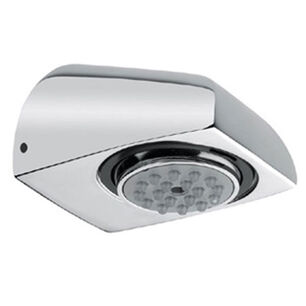
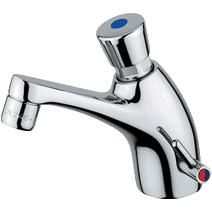
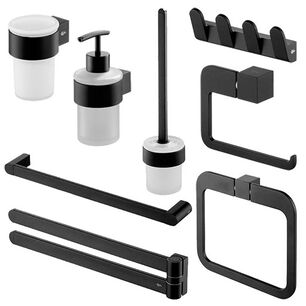
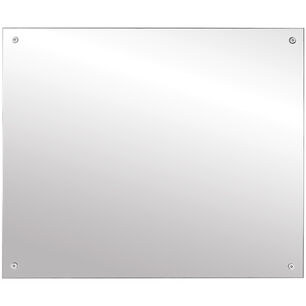
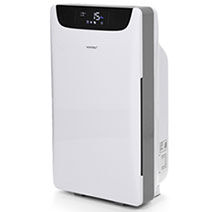


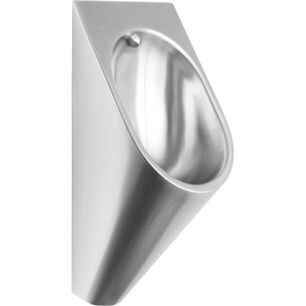
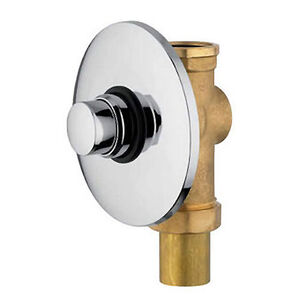
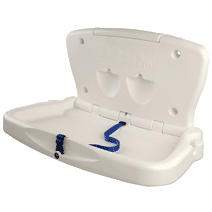

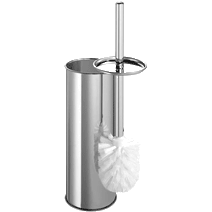
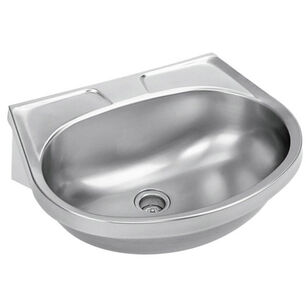
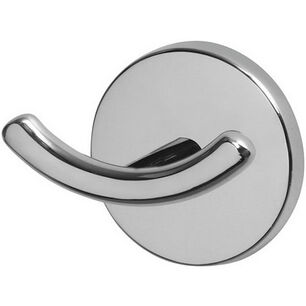
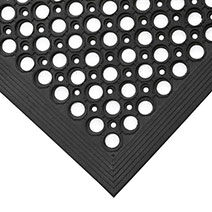
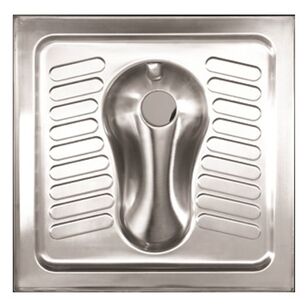

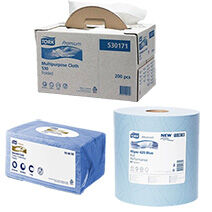




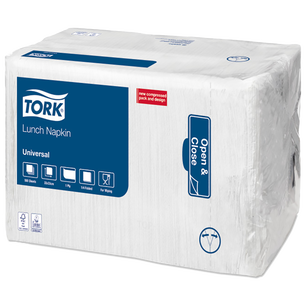
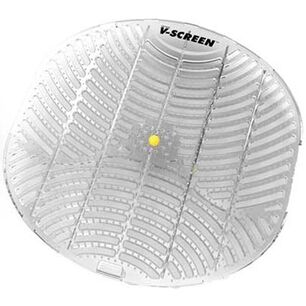

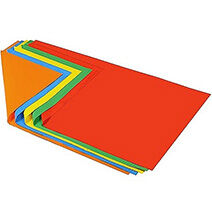
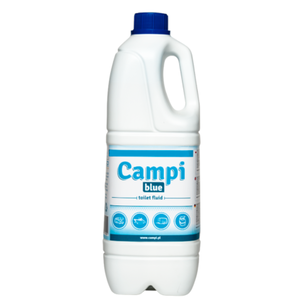
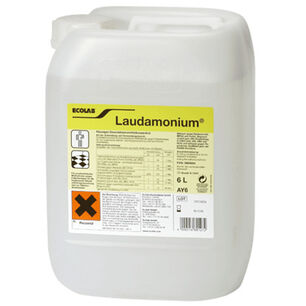
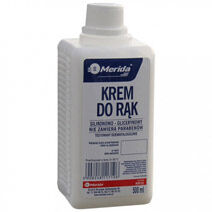
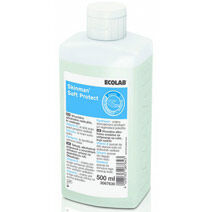
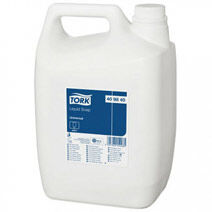
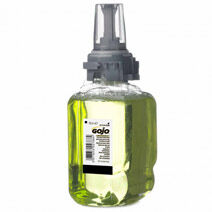
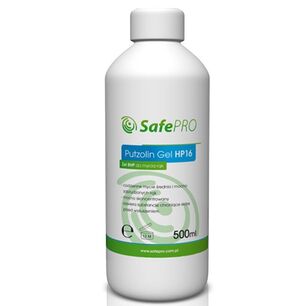
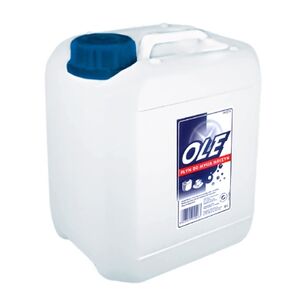
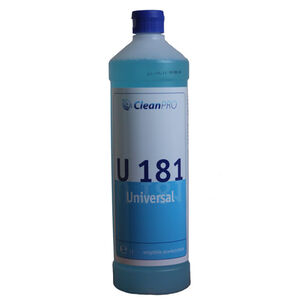
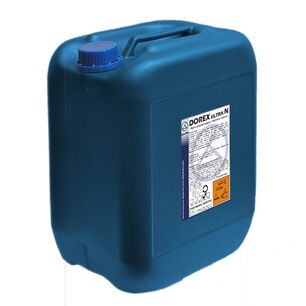
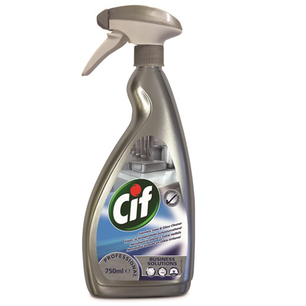
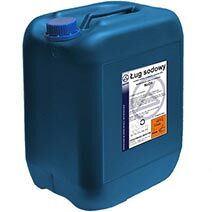

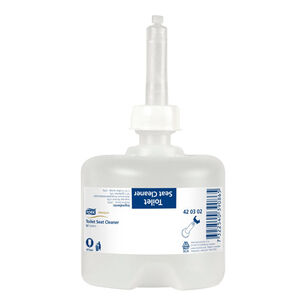
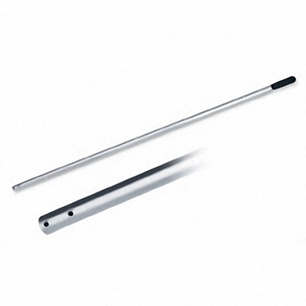
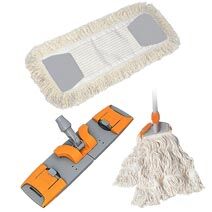

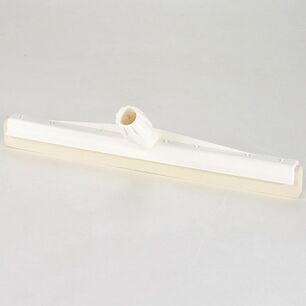

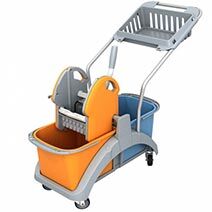
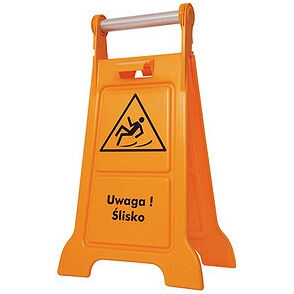

 Polski
Polski
 Czech
Czech
 German
German
 Spanish
Spanish
 Slovak
Slovak